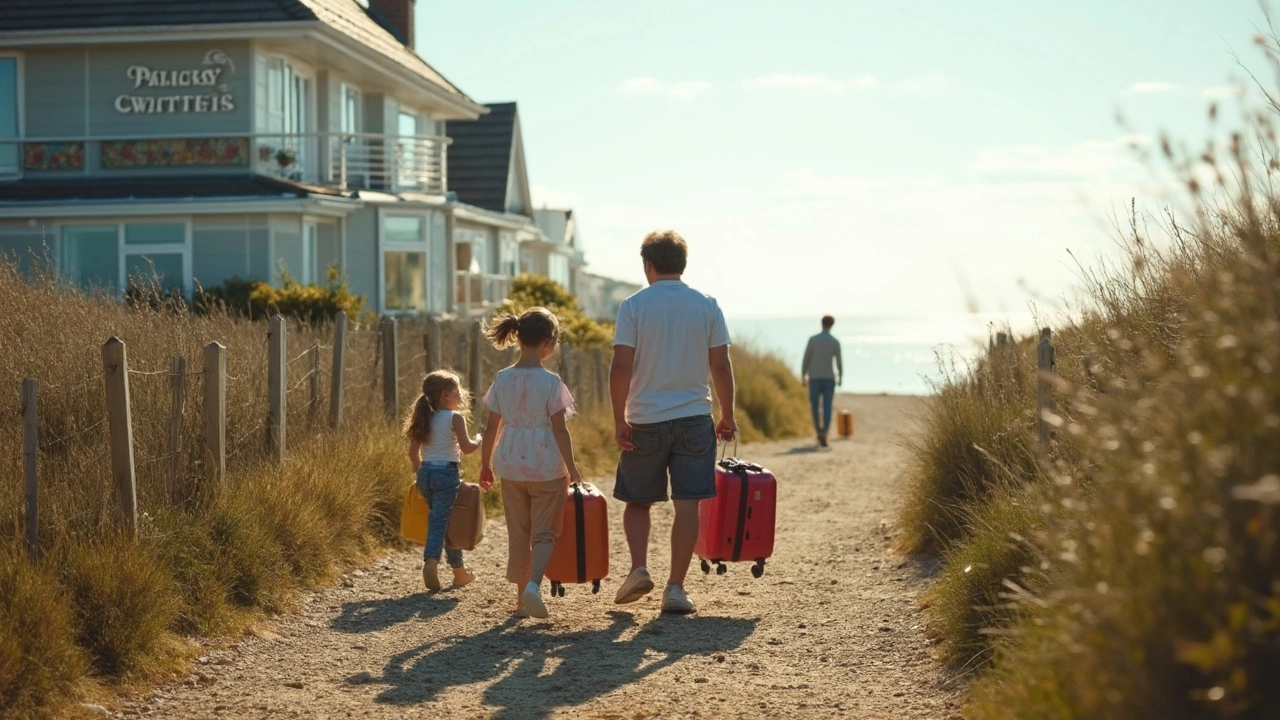Hotel Location Guide for Lancashire Getaways
When you book a place to stay, the location matters more than the room size or minibar. A good spot can save you time, money, and stress, while a bad one can turn a relaxing break into a scramble. Below you’ll find practical tips to choose the right hotel location in Lancashire, plus a quick look at the top areas worth checking out.
Why the Right Location Makes All the Difference
First off, think about what you want to do. Are you chasing coastal walks, historic castles, or a quiet countryside vibe? Your answer decides whether you need a beach‑side hotel, a village inn, or a city‑center boutique. Proximity to public transport is another big factor. A hotel near a train station or main road means you can hop off and explore without hiring a car every hour.
Second, safety and amenities matter. A well‑lit street, nearby grocery stores, and easy access to restaurants can turn a simple night’s stay into a comfortable base for adventure. Finally, consider the noise level. A hotel on a bustling high street is great for nightlife, but if you’re after peace, look for places set back from main roads or tucked in a village.
How to Choose the Perfect Hotel Location
Start with a quick map check. Pull up Google Maps, type in your main attraction, and draw a 10‑kilometre circle. Then filter hotels inside that zone. Most booking sites let you sort by distance, so you can see which options sit closest to your must‑see spots.
Next, read recent reviews. Guests love to mention if a hotel is a short walk to a train station or if the road out front is noisy at night. Look for patterns – three or four mentions of the same plus or minus point are a good sign.
Don’t forget parking. If you’re driving, verify whether the hotel offers free or cheap parking. Some rural inns charge a fee that can add up, especially on long stays.
Finally, set a budget and see how far you can stretch it. Often a slightly farther hotel offers better rooms for the same price. Weigh the extra travel time against the upgrade you get inside.
Top Lancashire Areas to Base Your Stay
Fylde Coast (Blackpool, Lytham St Annes) – Perfect for beach lovers and night‑life seekers. Hotels here are within walking distance of the promenade, amusement arcades, and the iconic tower. Good train links connect you to the rest of the county.
Yorkshire Dales Edge (Lancaster, Morecambe) – Ideal if you want a mix of historic towns and seaside charm. Lancaster’s city centre offers museums and a castle, while Morecambe gives you a relaxed seaside vibe and easy ferry trips to the Isle of Man.
Forest of Bowland (Ribble Valley, Clitheroe) – The spot for hikers and nature fans. Small boutique inns and country hotels are nestled among rolling hills, and you’ll find quiet roads and stunning views. Most are a short drive from the A59, so day trips are simple.
West Lancashire (Wigan, Ormskirk) – Great for shoppers and sports fans. Hotels near the town centres give quick access to markets, cinemas, and the Trainline hubs that run north‑south across England.
Pick the area that matches your itinerary, check the transport options, and read a few guest comments. A smart location choice means you spend more time enjoying Lancashire and less time fighting traffic.
Bottom line: the best hotel location balances convenience, safety, and the vibe you want for your trip. Use maps, reviews, and a quick budget check to find a spot that feels like a home base, not a hassle. Happy travels!

Beachfront Hotels: What 'Beachfront' Really Means for Your Stay
Ever wonder what 'beachfront' actually means for hotels? This article breaks down how hotels use the term, why location matters more than you think, and what to look out for before you book. Get ready for some surprising facts and clear tips so you don’t end up steps away from disappointment. Find out how to tell if you’re really getting sand at your doorstep.
Continue Reading